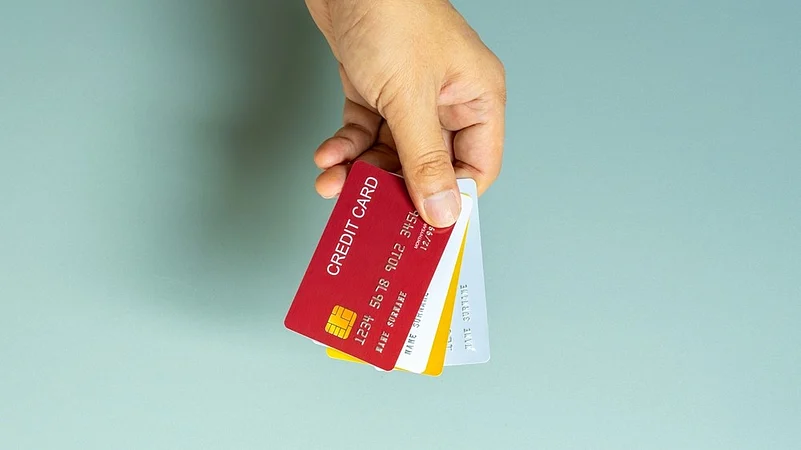In today’s hectic world, most of us leave our traditional ways of managing money and move towards credit cards. Credit cards can indeed be convenient for shopping online, paying for emergency expenses, or simply building credits. However, if those cards are not handled well, there is also a certain level of risk in it. A lack of a proper plan may put the students in heavy debt that may follow them quite after graduation.
Probably the most important advice to avoid credit card debt is to start with a low-limit card. This tames the temptation of overspending with a small-limit credit card. This keeps purchases within a small enough range such that one can, due to the payments, make the payments in full.
Paying the outstanding amount every month is another most important strategy keeping students away from high-interest charges piling up real fast and soon becoming debt overload. “Many students think of credit cards as free money, but that’s a big mistake. Paying the full amount every month helps you stay in control of your spending,” says Sohini Banerjee, a second-year student at Loreto College, Kolkata.
Apart from going a long way in paying such a balance, a student is encouraged to keep track of his or her expenditure. Budgeting applications or simple expense-tracking methods, such as through spreadsheets, will ensure that a student does not overreach beyond his or her means. Such tools will make one disinclined toward making impulse purchases which could add up very fast.
The second point is a limitation on the number of credit cards that students keep. The more cards one has, the more probable it is to get debts from different sides. Having just one card will make the payments easier and diminish the possibility of debt accumulation unidentified.
Finally, it is very important to remember that credit cards let one build up credit, but they are not a free source of additional cash. Being responsible in use today means lower interest rates on loans later, better financial products, and freedom with money in later years.
While credit cards can be much of a convenience, they do call for careful handling. As Banerjee says, “It’s easy to swipe without thinking but the real power lies in knowing when not to.”














